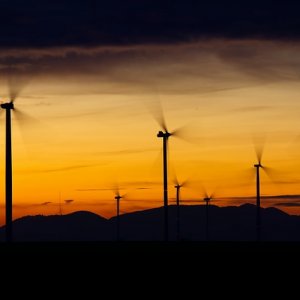In June 2018, South Africa released a draft Climate Change Bill through the late Minister of Environmental Affairs, Ms Edna Molewa, that was aimed at guiding South Africa to achieving their Nationally Determined Contributions and adhering to their Paris agreement pledge. This bill would provide a legal framework on how to hold accountable each government...
Category: South Africa News Brief and Action Alert
South Africa Survey
Climate change is viewed by South Africans as the top international threat to national security (ranking at 59%). During spring 2017, the US based Pew Research Center conducted a public opinion poll among 38 countries regarding eight possible threats to national security. It is evident from the graph above that climate change is viewed by...
South Africa Strategies
South Africa: (1) South Africa needs to strengthen its Paris Agreement pledge; (2) Stronger implementation of the Integrated Resource Electricity Plan is needed; (3) The National Treasury should provide more clarity on the start date of the carbon tax. South Africa pledged to peak its GHG emissions by 2025, plateau for approximately a decade, and...
South Africa Renewable Energy
South Africa—NO 100% 2050 commitment Benchmark: The construction of 37.4 GW of wind capacity and 17.6 GW of solar photovoltaic capacity by 2050 The electricity sector is the highest contributor to GHG emissions in South Africa. With blackouts experienced in 2008, and more looming as a constant threat, proper planning for the country’s energy security...
South Africa Success Project
South Africa—The Renewable Energy Independent Power Producer Procurement Programme (REIPPP) The Renewable Energy Independent Power Producer Procurement Programme (REIPPPP) is a climate change flagship program that was introduced in 2011. Jointly launched by the Department of Energy, the National Energy Regulator of South Africa (NERSA), and state-owned power utility Eskom, the REIPPPP aims to encourage...







